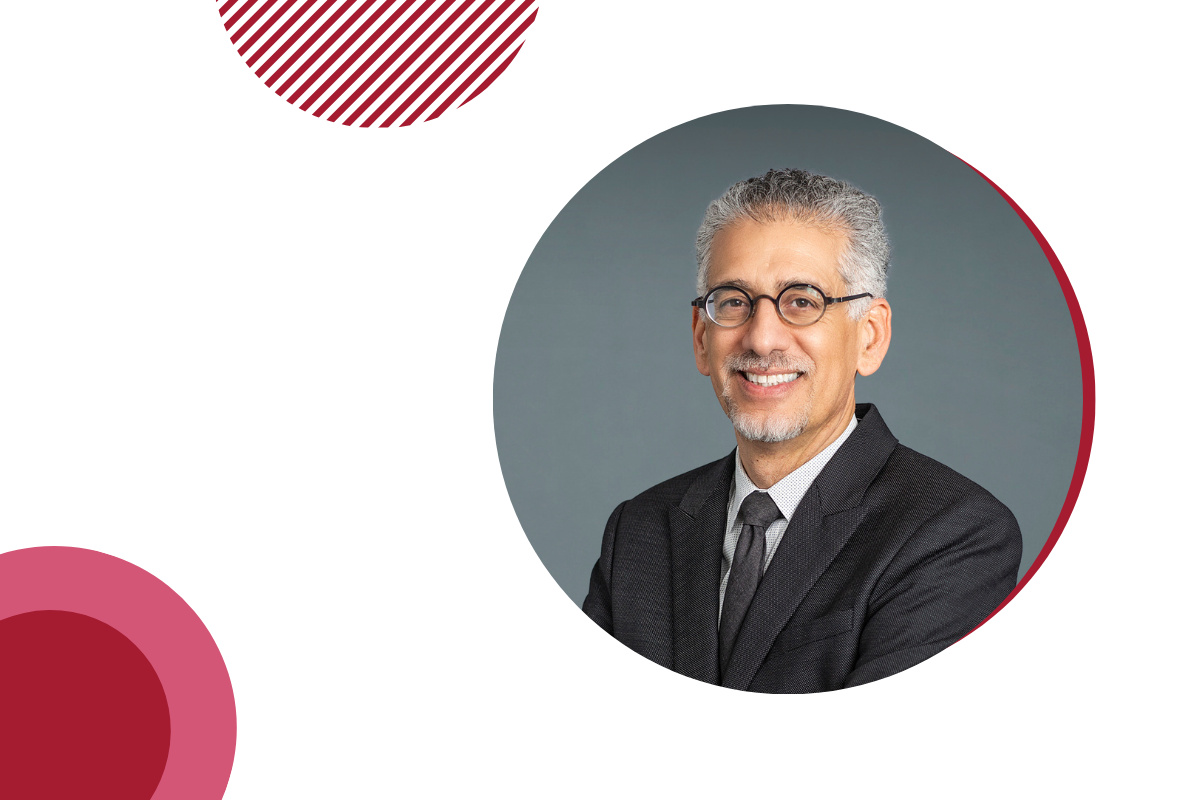
Dementia Risk and Prevention – Lessons from the Atherosclerosis Risk in Communities Cohort

Join us on Wednesday, September 10 for the Epidemiology Seminar Series, featuring Dr. Josef Coresh discussing Dementia Risk and Prevention – Lessons from the Atherosclerosis Risk in Communities Cohort.
Abstract: Dementia is one of the leading threats to the health of our aging population. The Atherosclerosis Risk in Communities (ARIC) study contributed major insights by observing over 15,000 US adults since the late 1980s. We will discuss observations on the lifetime risk of dementia, the relationship of risk to vascular risk factors, insights into the to the biology of dementia by proteomics, brain imaging and blood brain biomarkers and their implications for prevention.
Bio: Dr. Coresh is the Founding Director of the Optimal Aging Institute and the Terry and Mel Karmazin Professor of Population Health and Medicine at NYU Grossman School of Medicine. The institute leverages epidemiologic cohorts to advance discovery, prevention and treatment of aging related diseases. Dr. Coresh continues to co-lead of the ARIC Neurocognitive Study (MPI: Coresh/Mosley. Chair: Gottesman) renewal (2023-2028) and CKD Prognosis Consortium (2023-2028; MPI: Coresh/grams) as well as start new initiatives. Dr. Coresh is an international expert in aging and vascular disease epidemiology of the brain, heart and kidney, using a range of epidemiology and data science methods. Dr. Coresh is among the most cited researcher having co-authored articles cited over 300,000 times according to Google Scholar. He received the top scientific and patient impact awards of the US National Kidney Foundation (Eknoyan and Hume awards) and American Society of Nephrology (Belding Scribner award). His devotion to mentorship was recognized by awards from Johns Hopkins University and the American Heart Association.
Speaker Information
Josef Coresh, MD, PhD
Organizers
Related Events
ⓘ Harvard Chan School hosts a diverse array of speakers, invited to share both scholarly research and personal perspectives. They do not speak for the School, and hosting them does not imply endorsement of their views, organizations, or employers.